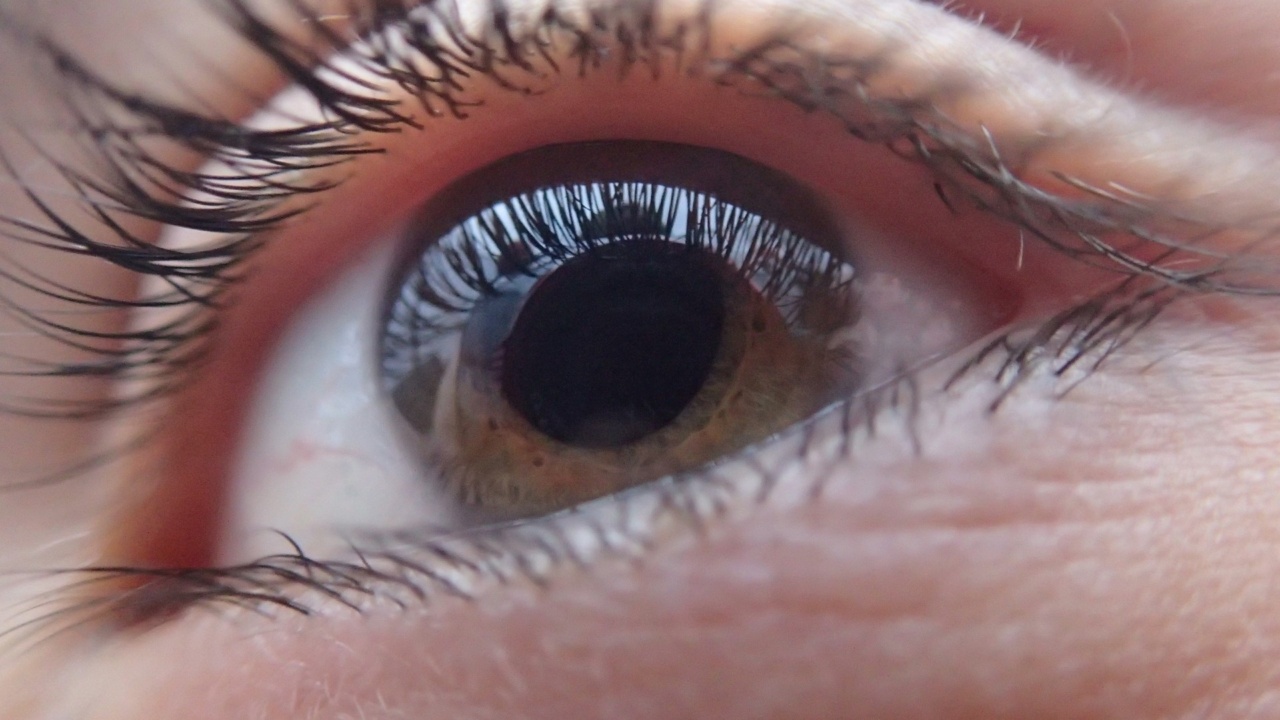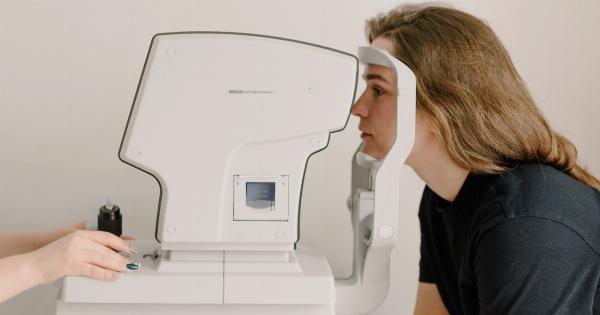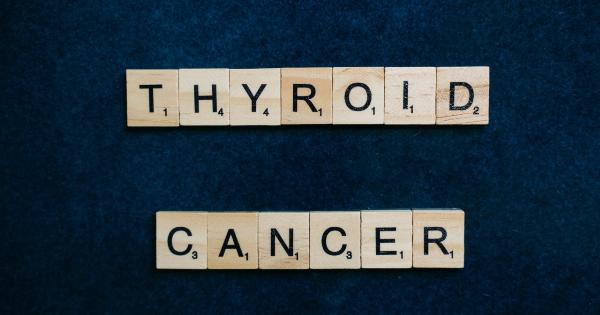Iodine is an essential mineral required by the human body for the production of thyroid hormones. These hormones play a crucial role in maintaining the body’s metabolism, growth, and development.
A deficiency in iodine can lead to various health problems and affect several bodily functions.
While iodine deficiency is a global health issue, it can often go unnoticed as its symptoms are not always easily recognizable. However, there are several visual indicators that may suggest a lack of iodine in your body.
Being able to identify these signs can help you take appropriate measures to address the deficiency and prevent related health complications.
1. Swelling of the neck or goiter
One of the most common and visible signs of iodine deficiency is the enlargement of the thyroid gland, known as goiter.
The thyroid gland is responsible for producing thyroid hormones, and when there is insufficient iodine, the gland swells in an attempt to absorb more iodine from the blood. This swelling may cause a visible bulge in the front of the neck, just below the Adam’s apple. It is important to consult a healthcare professional if you notice any abnormal swelling in this area.
2. Hypothyroidism
Iodine deficiency can also lead to hypothyroidism, a condition characterized by an underactive thyroid gland. Hypothyroidism can cause various visual symptoms such as dry, coarse, and pale skin.
Additionally, people with hypothyroidism may experience hair loss, brittle nails, and facial puffiness. Other accompanying symptoms may include fatigue, weight gain, and cold sensitivity.
3. Changes in hair and nails
Iodine deficiency can affect the health and appearance of your hair and nails. Hair may become brittle, dry, and more prone to breakage. It may also appear dull and thin. Similarly, nails can become brittle, dry, and easily breakable.
The ridges on the nails may also become more prominent. These changes in hair and nails may be indicative of insufficient iodine levels in the body.
4. Dry and rough skin
When iodine levels are low, the skin may lose its natural moisture and become dry, rough, and scaly. This dryness can make the skin more susceptible to irritation and can cause itchiness.
In severe cases, cracks may develop in the skin, leading to discomfort and potential infections. Adequate iodine consumption is essential to maintain healthy skin.
5. Cognitive impairments
Iodine deficiency can have significant impacts on brain development, particularly in children and infants. It is essential for proper cognitive function and intellectual development.
Severe iodine deficiency during pregnancy and early childhood can lead to a condition called cretinism, which is characterized by irreversible cognitive impairments and stunted physical growth. Detecting and addressing iodine deficiency early on is crucial for preventing these lifelong effects.
6. Fatigue and weakness
Feeling excessively tired, weak, and lacking in energy could be a result of iodine deficiency. Thyroid hormones play a vital role in regulating the body’s metabolism, and low iodine levels can lead to a sluggish metabolism.
This, in turn, can cause fatigue and weakness, making it difficult to carry out daily activities effectively.
7. Dry and irritated eyes
Iodine deficiency may also manifest in the form of dry and irritated eyes. Insufficient iodine levels can negatively impact tear production, leading to dry eyes and discomfort. This can cause redness, itching, and a gritty sensation in the eyes.
If you frequently experience these eye symptoms, it is worth considering iodine deficiency as a potential cause.
8. Delayed growth and development
Iodine is vital for proper growth and development in children. A deficiency in iodine can lead to stunted growth and delayed development, both physically and mentally.
Children lacking iodine may have slower reflexes, poor coordination, and impaired learning capabilities. It is crucial to ensure an adequate intake of iodine during childhood to support healthy growth and development.
9. Impaired fertility and reproductive issues
Iodine deficiency can impact reproductive health in both males and females. In women, it may lead to irregular menstruation or even menstrual cycle disruption.
Iodine deficiency during pregnancy increases the risk of complications such as miscarriage, stillbirth, and congenital disabilities in newborns. In men, inadequate iodine levels can affect sperm quality and fertility. Maintaining appropriate iodine levels is crucial for a healthy reproductive system.
10. Difficulty in regulating body temperature
Thyroid hormones play a significant role in regulating body temperature. Iodine deficiency can disrupt the production of these hormones, leading to difficulty in maintaining body temperature within the normal range.
People with iodine deficiency may experience sensitivity to cold temperatures and have difficulty staying warm. They may also have lower basal body temperatures than individuals with sufficient iodine levels.
It is important to remember that these visual indicators may be a result of various factors and not solely attributed to iodine deficiency.
Therefore, it is crucial to consult a healthcare professional to confirm whether iodine deficiency is the cause and to receive appropriate guidance for treatment and prevention.




























